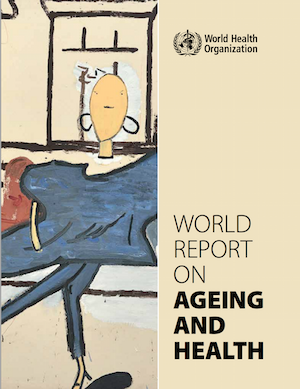
Societies around the world must shift their thinking in three key areas to enable older adults to invent new ways of living, according to a new report from the World Health Organization.
Contradicting widespread assumptions, the “World Report on Aging and Health 2015” [PDF] finds that very little evidence exists that the additional years of life that humans are living now are being experienced in better health than was the case for previous generations at the same age. “Unfortunately, 70 does not yet appear to be the new 60,” says John Beard, PhD, director of the Department of Aging and Life Course at WHO. “But it could be. And it should be.”
For that to happen, according to the report:
- Long-term care systems must be designed by governments to reduce inappropriate use of acute health services and ensure that people live their last years with dignity.
- Health systems must be realigned to meet the needs of older people. Doing so will require a shift from systems that are designed around curing acute disease to systems that can provide ongoing care for the chronic conditions that are more prevalent in older age.
- The places we live must be much more friendly to older people, to improve security, address social isolation and loneliness, and serve other functions.
Governments must enact policies that enable older people to continue participating in society and that avoid reinforcing the inequities that often underpin poor health in older age, the report authors note. One factor, they add, will play a key role in whether the opportunity for aging societies to reinvent themselves can be realized: the health of these older people.



